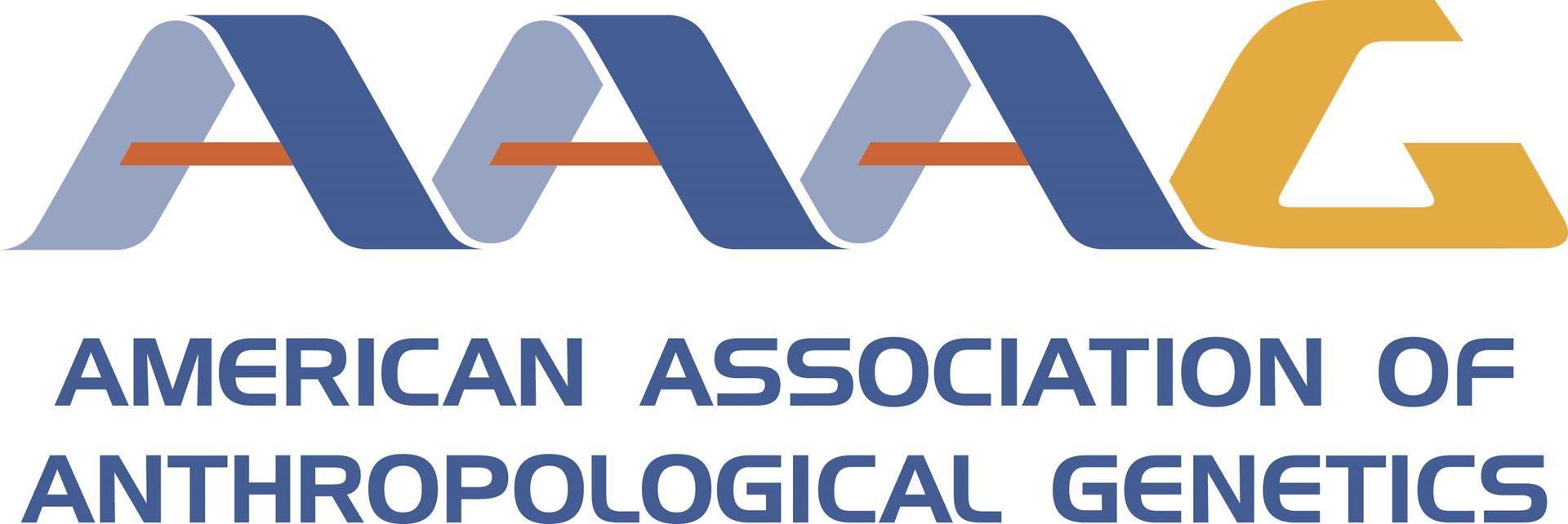Genetics and Human Sex, Gender, and Sexuality
These resources focus on the ethics underlying how researchers practice their science inclusive of the ethics of sampling, capacity building, community engagement, ‘parachute’ (extractive) science, and ethics review (IRB). These resources are not exclusively about research on living humans, but also include the implications for genetic research involving Ancestors (e.g. ancient DNA, sediment DNA, and archaeogenetics) and nonhuman primates.
1. | Mapping Your Sexuality: From Sexual Orientation to Sexual Configurations Theory: this illustrated guide talks the reader through Sari Van Anders’ sexual configurations theory (SCT), which attempts to reconsider how we define the biological/social aspects of sexuality. Critical for considering how we define a phenotype prior to looking for a genetic signal concerning sexuality. https://www.queensu.ca/psychology/van-anders-lab/SCTzine.pdf |
2. | No, Scientists Have Not Found the ‘Gay Gene’, Yong (2015) critiquing a much-heralded (links in article) study of epigenetic markers on twins discordant for sexual orientation. Good discussion of statistical power and its impact on results. Comparisons of the various media presentations linked therein could also be used to compare how Yong and other media outlets frame the work (which was a non-peer-reviewed conference presentation at ASHG). |
3. | For all this science, what did we learn? Reilly (2019): A detailed critique of the Ganna et al. 2019 paper, which used UK Biobank samples (among others) to try to find a genetic architecture associated with same-sex sexual behavior. This is one recommended part of a larger series of essays curated and published by the Broad Institute itself (who published the study) in response to critiques from the queer community both within and outside of Broad in response to the paper. Lewis (2019) Retiring the Single Gay Gene Hypothesis puts the Ganna paper in something of an historical context, and could be read as a starter prior to Reilly’s counterpoint. |
